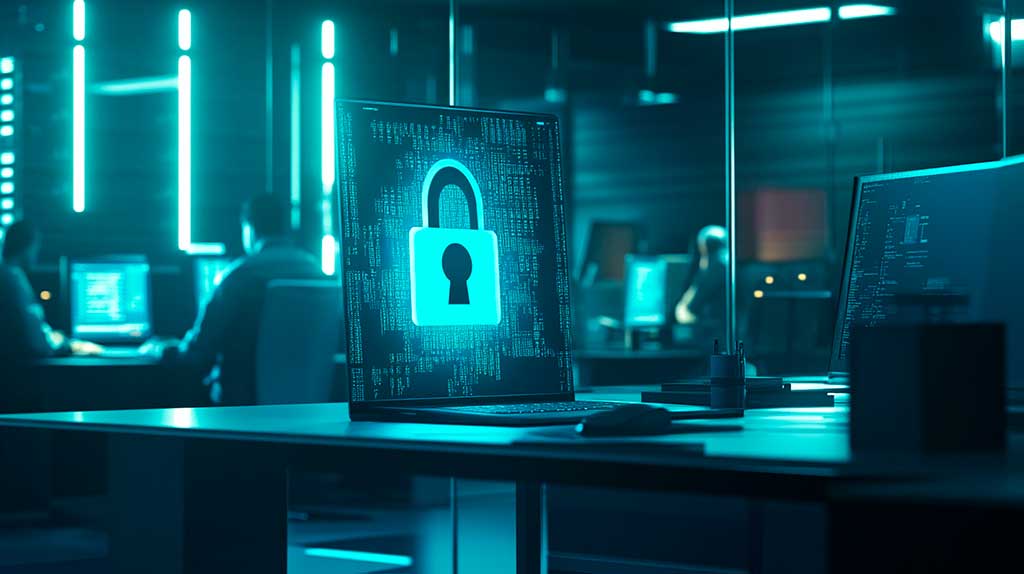Red Mosquito - Blog
Supply-chain cyber-security

A supply chain is only as cyber-secure as its weakest link. The digital transformation of the global supply chain, which has taken place over the past decade, means businesses can now work closer together than ever. There are many benefits of integrating data and sharing information to create efficiencies while reducing costs.
However, each supplier brings a risk of introducing vulnerabilities to your network. It is worth noting that around 80% of data breaches originate in the supply chain. Smaller organisations are often targeted and used as a vehicle for criminals to access larger corporate infrastructures. Two recent examples of this approach by cyber criminals are:
- Equifax – US Credit Rating Company Equifax suffered a breach which resulted in the loss of over 100 million user details. The breach was blamed on a weakness introduced via their supply chain.
- Debenhams – Suffered breach resulting in the loss over 20000 user details. The cyber-attack originated within their supply chain via the supplier of their online florist services
How to identify and address the supply chain security risks:
Risks can be introduced from various sources, for example, data can be damaged accidentally, accessed by cyber-criminals or employees who are an insider threat.
As a first step to addressing risk, you should complete an audit of your suppliers and understand who has access to which levels of your corporate data. Once you have established who has access to what categories of your data, you can work out how to manage the risks and introduce methods of monitoring and evaluation. You can categorise suppliers and establish controls for each category. Suppliers who provides services on-site, may form one category and will clearly bring different risks and need different controls to suppliers who provide ICT services and can access your company data. You should also consider your rules on subcontracting, consultants and partners.
Cyber –security certification options:
There is an increasing demand, within the tendering process, for suppliers to be certificated to a recognised cyber-security standard. The following two certification routes are the most common methods of cyber security certification:
- Cyber Essentials – The UK Government’s Cyber Essentials Scheme aims to ensure your system is protected from basic threats. The Cyber Essentials website offers a useful search tool which will allow you to check which of your suppliers have this in place.
- ISO 27001 – Internationally recognised standard ISO 27001 outlines best practise for a robust Information Security Management System. For that reason, it requires an ongoing commitment to external audits & continual improvements to check standards are being maintained. However, there is no central database of certification. You would need to ask for sight of certification from individual suppliers.
Our technical consultants have a strong understanding of both schemes and have supported many of our customers throughout the UK to get certification in place. We are happy to help you work out which of the available certifications is best suited to your business needs. Contact us if you would like to explore this further with of our experts.

The Growing Importance of Cybersecurity for Irish SMEs in 2025
Introduction The digital world is evolving at an unprecedented pace, and with it, the risks that businesses face are also growing. Cybersecurity is no longer just a concern for large corporations; it has become a critical priority for Small and Medium Enterprises (SMEs) in Ireland. Many SMEs mistakenly believe that[…]

The Future of IT Support: How Irish Businesses Can Stay Ahead in 2025
Introduction The way businesses approach IT support is undergoing a significant transformation. In the past, IT support was primarily reactive—companies would only call for help when something broke. However, in 2025, Irish businesses must adopt a proactive approach, ensuring that systems remain efficient, secure, and[…]

Disaster Recovery Planning: Why Irish Businesses Need It in 2025
Introduction Unexpected IT failures, cyberattacks, and natural disasters pose serious risks to businesses. Without a solid disaster recovery plan (DRP), companies may suffer data loss, operational downtime, and financial damage.

Cloud Computing Trends: How Irish Businesses Can Benefit in 2025
Introduction Cloud computing is no longer just an IT trend; it has become the foundation of modern business operations. Over the past decade, companies in Ireland have transitioned from traditional on-premise IT infrastructure to cloud-based solutions, benefiting from scalability, flexibility, and cost efficiency.